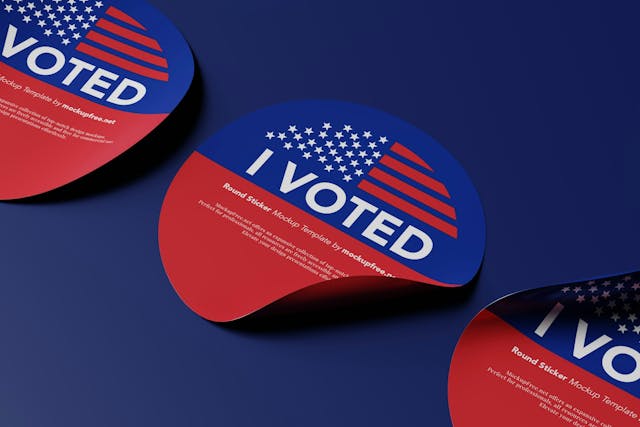Obama Seriously Does Not Know Why Americans Didn't Vote in 2014

MSNBC town hall event in Miami, Florida, on Wednesday, President Barack Obama called out Americans for not showing up to the polls on Election Day 2014. Obama insisted that if America had the same voter turnout as countries where 60 to 70 percent of the eligible voting population participates, Congress would have passed comprehensive immigration reform by now.
"Why are you staying at home?" Obama said. "Why are you not participating? There are war-torn countries, people full of poverty, who still voted 60, 70 percent. If here in the United States of America, we voted at 60 percent, 70 percent, it would transform our politics. Our Congress would be completely different. We would have already passed comprehensive immigration reform."
National voter turnout hit a 72-year low in 2014; only 36.4 percent of eligible voters participated. What Obama doesn't realize is he somewhat touched on a key problem that is keeping many people home on Election Day.
Despite some lackluster efforts in Congress to pass "comprehensive" immigration reform in the past, the legislative branch has yet to move forward on anything substantive. This is probably because Congress isn't having a truly comprehensive discussion on immigration and immigration reform. It's an issue that is mostly used as leverage by members of the Republican and Democratic parties to score political points during negotiations on must pass legislation like funding bills.
The debate is always reduced to empty rhetoric and talking points that are amplified on social media and mainstream media outlets. Immigration reform is nothing more than a prop in the ongoing political drama going on in Washington.
Power shifts in Washington are not rare. In the last 14 years, Americans have seen a federal government completely controlled by members of the Republican Party, a Congress controlled by the Democratic Party during a Republican administration, a government completely controlled by members of the Democratic Party, a Congress divided between both major parties, and now a Republican-controlled Congress during a Democratic administration.
No matter what the makeup of the federal government is, truly comprehensive immigration reform has gone nowhere.
President Obama wants to know why people don't vote. What he fails to see or simply refuses to see is that he is part of the problem and many current members of Congress (regardless of their party affiliation) are part of the problem.Why should Americans believe that anything is going to change? No matter who has majority control in the legislative branch or which party controls the White House, nothing substantive gets done. To identify a problem, we must always look at the source.
The current election system doesn't offer the tens of millions of Americans who currently feel completely disenfranchised or disenchanted by the process any real hope that the hyper-partisan environment in Washington can change.
Over 90 percent of all elections in the United States are not competitive, meaning they are decided in the primary stage of the election process. The reluctance by House leaders to do anything that might anger their party's base is out of fear that they will lose their power and be primaried out (like former U.S. House Majority Leader Eric Cantor) because the most partisan voters are historically the ones who vote in primary elections.
In most states, voters outside the major parties are either not allowed to participate in the first round of voting or they are forced to choose between Republican and Democratic ballots without the option of voting for someone outside the party they choose. For decades, most laws related to elections, from campaign finance to gerrymandering to ballot access (for both voters and candidates), have been implemented to maintain the two-party system created by the Republican and Democratic parties.
The result? "Hope" and "change" have been nothing more than convenient campaign slogans for major-party candidates looking to capitalize on mass dissatisfaction with the other party.
Voters should participate in the election process, but history teaches us that many voters need an incentive to vote. For many, part of this incentive is the feeling that they can make a difference and that change is possible. Perhaps more Americans than ever before are realizing that real change is nothing more than a fantasy under the current system.



